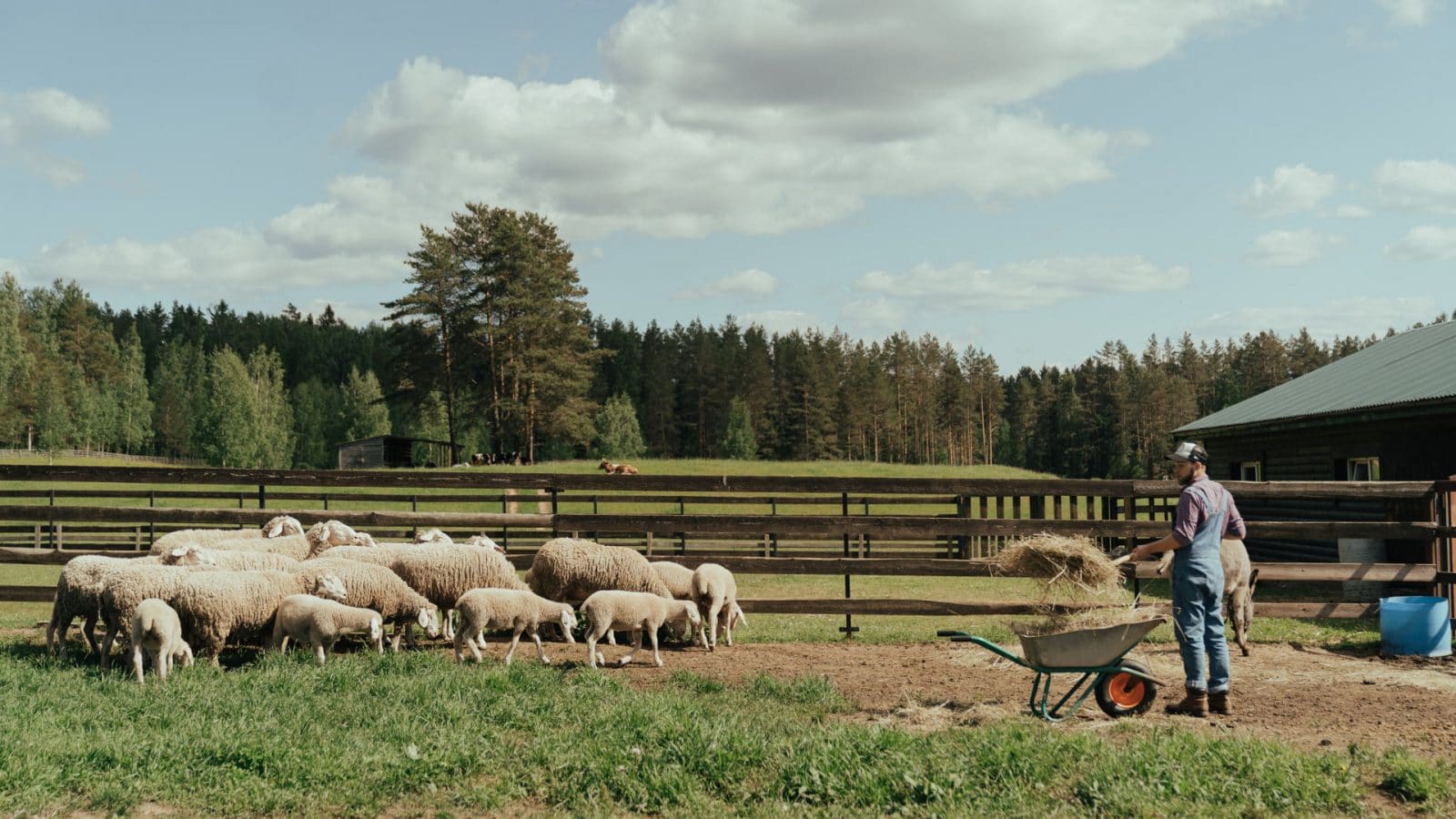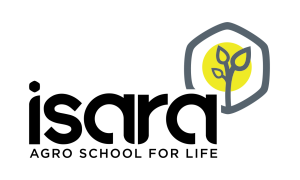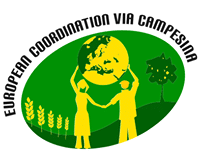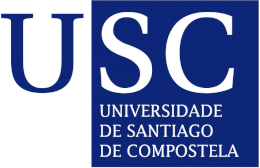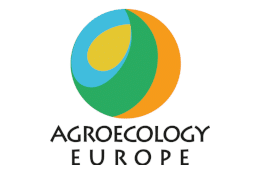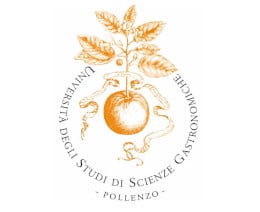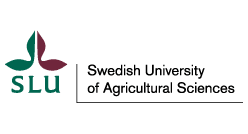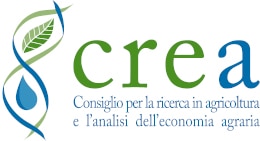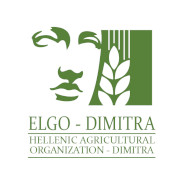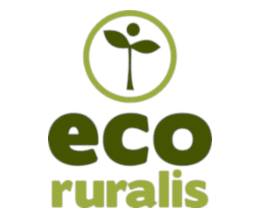Agroecosystems Living Lab
Accelerating the adoption of new ways of thinking leading to new practices and technologies requires developing and implementing novel participatory research infrastructures. The LLs approach, which builds on the three core principles of user-centred innovation, real-life experimental setups and private-public-people partnerships, may offer the potential to better address current agroecosystem challenges. For this project, we will use the definition of ALL established by the international Agroecosystems Living Laboratories (ALL) working group (Agroecosystems Living Laboratories (ALL) Executive Report 2019, www.macs-g20.org): “Transdisciplinary approaches which involve farmers, scientists and other interested partners in the co-design, monitoring and evaluation of new and existing agricultural practices and technologies on working landscapes to improve their effectiveness and early adoption.
Living lab (LL) may have slightly different meanings in different fields of research and to different actors or organizations. Nevertheless, all LLs are known as a user-centred approach with the involvement of multiple actors to co-create, explore and evaluate the innovations together in a real-life condition.
A living lab is comparable to an ecosystem with different living organisms (different actors) and abiotic components (LL criteria) that are linked together (co-creation, co-development) to fulfill the specific function (outcomes: e.g. solutions or products).
Ecosystems are dynamic entities that respond to environmental changes (interactions and networks within and between the systems) and therefore sustainability and resilience are considered as two important features of any living system including an agroecosystem and a LL.
Based on the executive report of international agroecosystem living laboratories (MACS 2019) three general components of agroecosystem living lab are defined:
1) transdisciplinary approaches,
2) co-design and co-development with participants,
3) monitoring, evaluation and research in real landscapes. Implementation of a living lab approach in agroecosystem might be a good solution to move faster and more effectively towards a sustainable agriculture and agri-food system as LLs deal with diverse aspects of agroecosystem (ecological, social and political), consider different actors who are involved in a project and address current challenges (e.g. water and soil problem, climate change, etc.).
Read the full article: here!
A Living Lab workshop took place during the 3rd Agroecology Europe Forum in Barcelona.
The workshop was held online and the recording can be rewatched:
(c) Agroecology Europe, 3rd Agroecology Europe Forum in Barcelona (19.11.2021)
AE4EU Living Labs
Within work package 4 of AE4EU, we are setting up and facilitating 3 living labs in 3 countries (NL, UK, IT) to develop context-based and site-specific solutions to the central question “Which mechanisms will strengthen the agroecological research and innovation ecosystems in Europe?”. To create the LL, 3 workshops were organised in each country.
Learn more about the workshops here:
The Living Labs organised within AE4EU were developed under three different contexts: municipality-wide, territorial-wide, and nation-wide.
CALL (Coventry Agroecological Living Lab)
Valle Varaita Living Lab
AGROEKOLOGIE NETWORK

